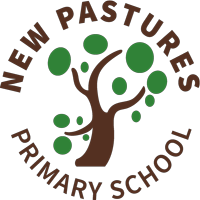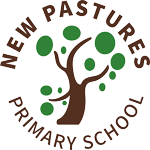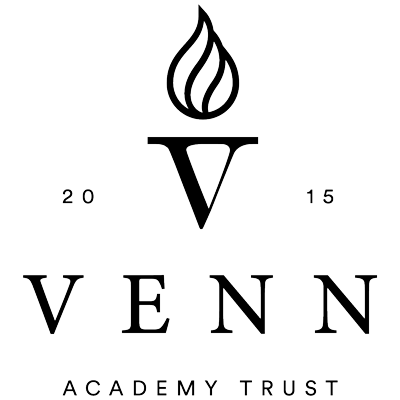Geography – curriculum information
Intent
•We aim to inspire in pupils a lifelong love of geography; a curiosity and fascination about our world and an understanding and interest in its diverse places, people, resources and environments.
• Pupils develop their knowledge and understanding of where places are and what they are like through investigation of both Britain and the wider world, including enquiring about their local area.
• Pupils develop geographical knowledge and vocabulary; apply questioning skills and acquire knowledge and skills that are transferable to other curriculum areas: collecting and analysing data and communicating that information in a range of ways.
•We promote pupils’ geographical knowledge and skills through a range of experiences both in the classroom and through outdoor learning, fieldwork and educational visits.
Implementation
•To ensure a high quality of teaching and learning in geography, we provide a language rich curriculum that is progressive throughout school and which focuses on the knowledge and skills stated in the National Curriculum.
•We create a range of opportunities for learning inside and outside the classroom, using the school grounds, local area or wider community and providing all children with access to ‘real-life’ experiences to enhance their cultural capital.
•Pupils develop deep subject knowledge and key skills through cross-curricular learning with differentiated activities and a range of resources to engage and inspire all abilities.
•In each key stage, the Geography Curriculum is taught on a 2-year rolling programme (KS1, Lower KS2 and Upper KS2), with all classes learning the same units at the same time. This is to ensure full coverage of the National Curriculum due to mixed year groups. To ensure differentiation, we follow a progression of skills document.
Impact
•In Geography, we aim to create a supportive and collaborative learning environment where children can learn through enquiry and investigation.
• Assessment of the impact of the curriculum is measured through a variety of methods including:
•Images and videos of the pupils’ practical learning.
•Summative assessment of pupil discussions about their learning.
•Pupils’ reflections on their learning at the end of each lesson.
•Start and end of unit quizzes.
Interviewing the pupils about their learning (pupil voice) to encourage use of ‘sticky knowledge’.
•Marking of written work in books.
The scrutiny of pupils’ books, evidencing a broad and balanced curriculum and demonstrating that children have acquired key knowledge and skills.


